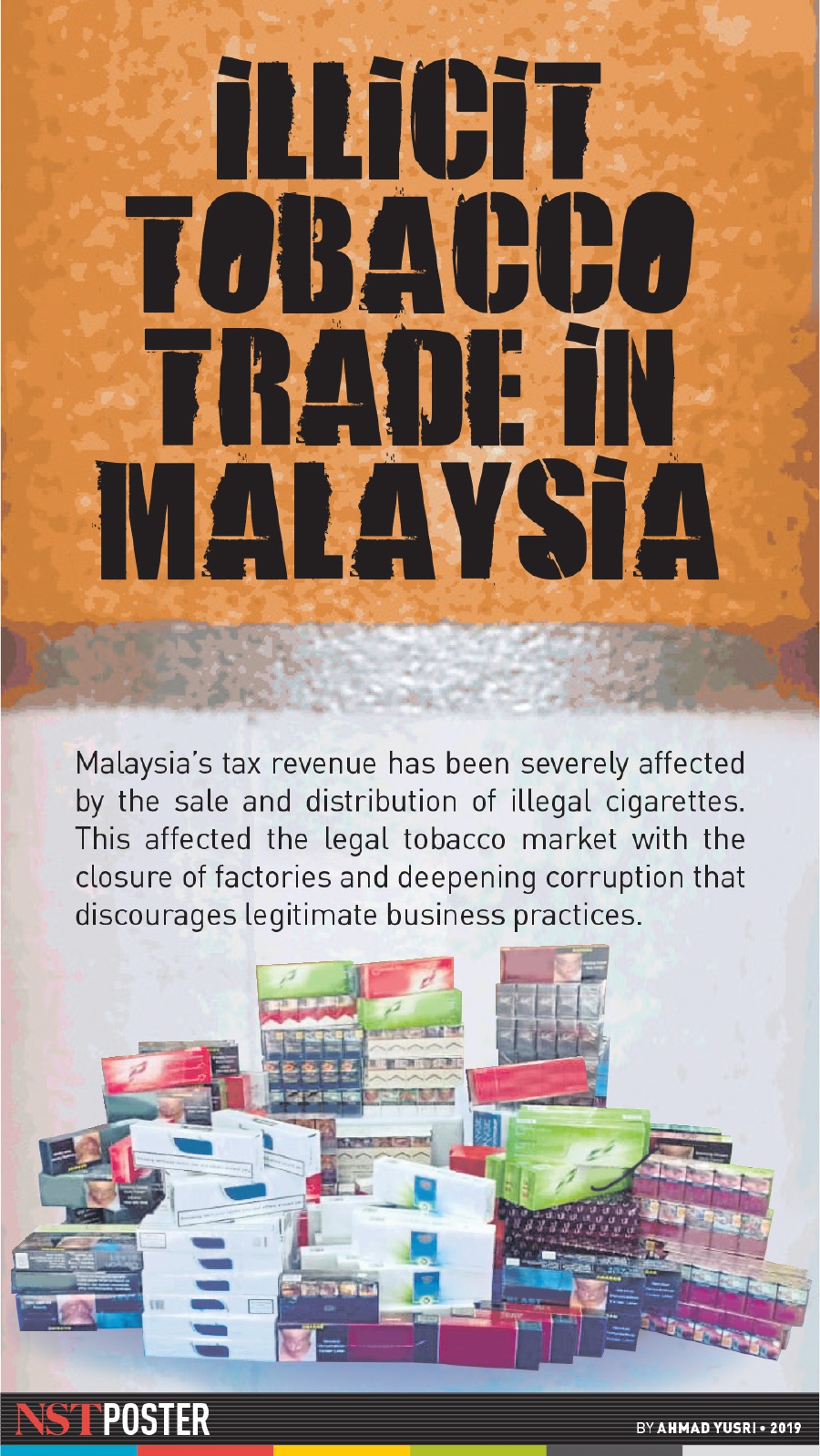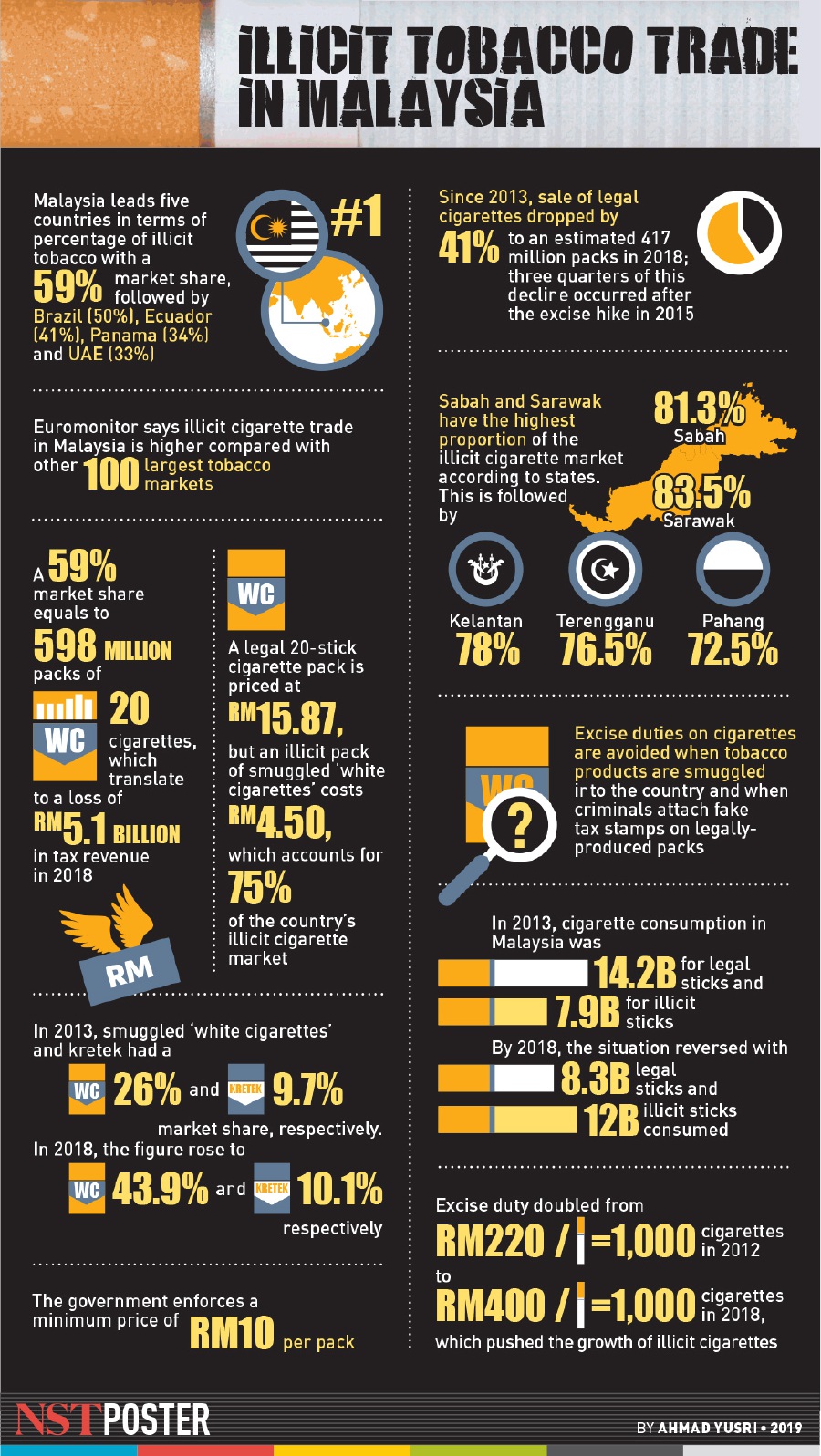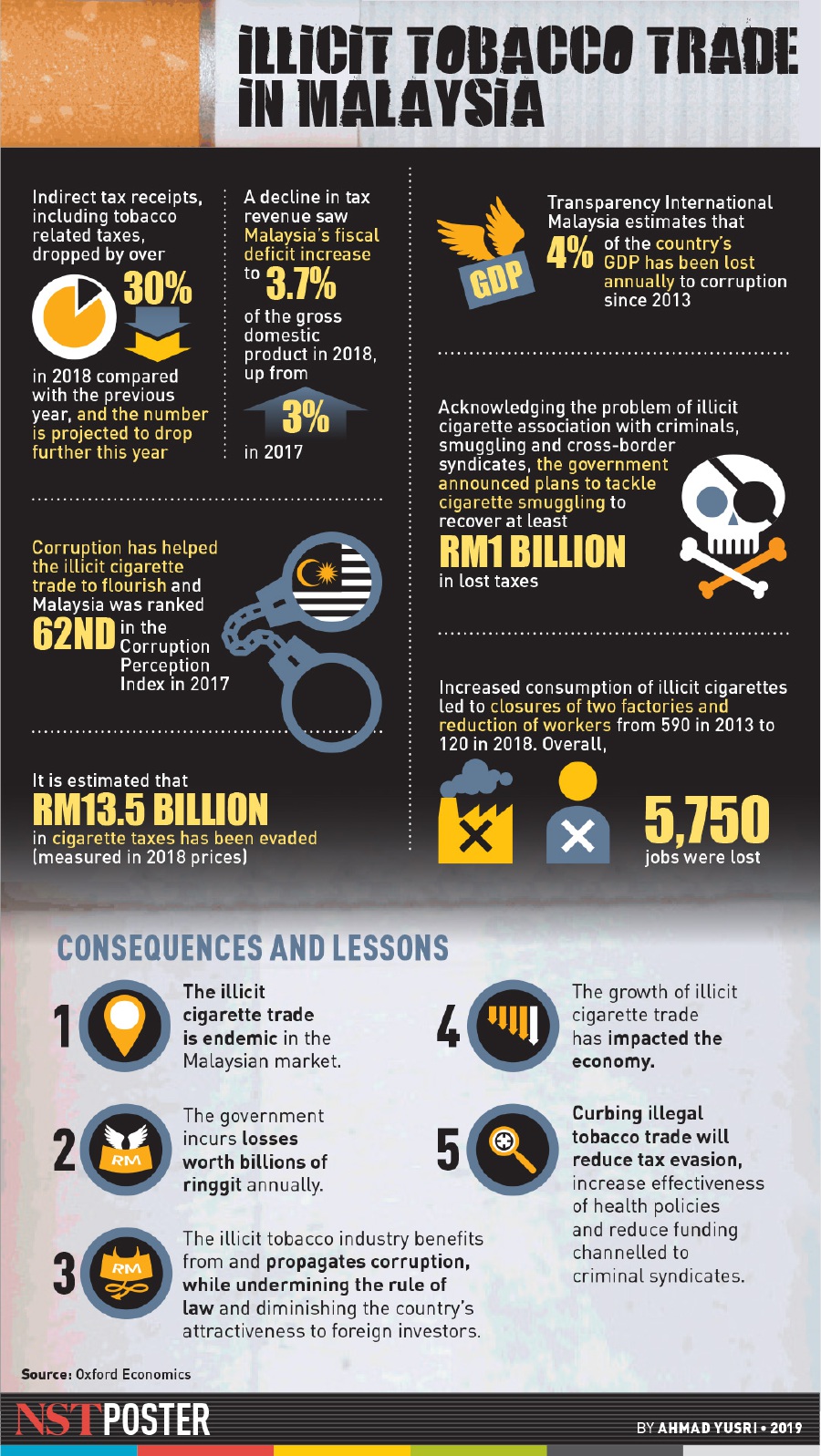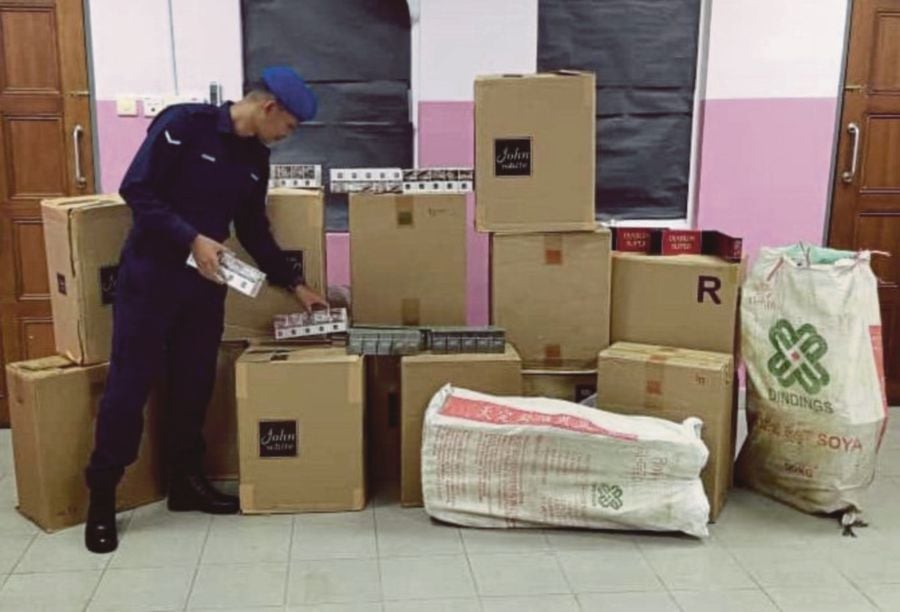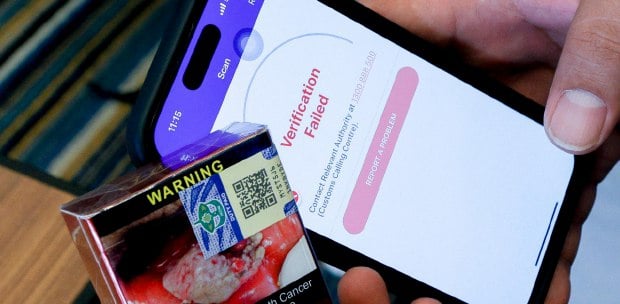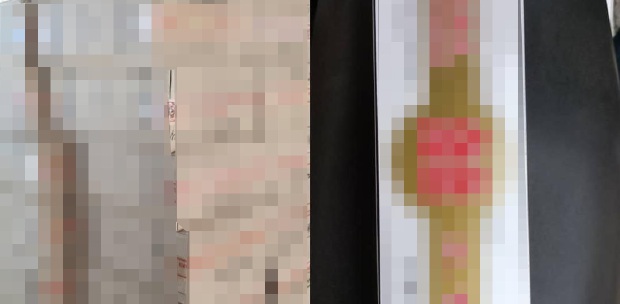KUALA LUMPUR: Malaysia is facing a crisis over the illicit cigarettes trade with the sale of contraband hitting all-time high this year.
The spike in the sale of contraband was reflected in a long-term study commissioned by the Confederation of the Malaysian Tobacco Manufacturers (CMTM) for the past 15 years. It showed that 64.6 per cent or 3.1 billion sticks of cigarettes consumed from June to August this year had been smuggled into the country.
The Illicit Cigarettes Study (ICS) showed an uptrend in the consumption of contraband cigarettes in the past four years.
JT International Trading Sdn Bhd (JTI Malaysia) corporate affairs and communications director Azrani Rustam said the study estimated that 12 billion illicit cigarette sticks would be consumed this year, resulting in the government losing about RM6 billion in tax revenue.
“July recorded the highest number of illicit sticks consumed with an estimated 66 per cent of cigarettes sold in the market being contraband.
“The government is expected to lose 40 sen in excise tax for each illicit stick sold in the market.
“This does not include the RM1 in Sales and Services Tax on every packet of contraband consumed,” Azrani said, referring to a study carried out by the Nielsen Company, a global marketing research company.
The ICS showed that 58.9 per cent and 55.7 per cent of the total cigarettes consumed last year and in 2017, respectively, were contraband.
The ICS is carried out thrice a year, where 51,000 empty packs of cigarettes are collected nationwide each time. He said the worsening state of the illicit cigarettes trade was highlighted by Euromonitor International in its report in June this year. The market research firm named Malaysia as the country with the highest number of illegal cigarettes.
Hence, JTI Malaysia, which is a member of CMTM and the second largest tobacco company in the country, urged the government to enforce stricter rules to curb the sale and smuggling of contraband cigarettes into the country.
Azrani said inconsistencies in enforcement not only cost the government billions of ringgit in tax revenue but also crippled the goals of the national health agenda.
“We learnt that the government wants to increase the minimum price of cigarettes from RM10 to RM15 per packet to reduce smoking habit and to promote a healthy lifestyle.
“However, the government will not achieve these goals if contraband cigarettes are easily accessible in the market. Hardcore smokers will buy illicit cigarettes, which are cheaper.”
He said contraband cigarettes were sold at RM5 per packet.
JTI Malaysia’s cheapest product in Malaysia, LD, is priced at RM11.90 per packet.
Apart from a moratorium on excise tax for the next two years to prevent smokers from buying contraband, Azrani said, JTI Malaysia proposed that the government impose a ban on transhipment of cigarettes.
“One of the factors that contributed to the problem is transshipment of cigarettes into the country. For example, Customs officers probably do not check containers declared as transshipment stocks (bound and supposed to be transported to neighbouring countries by road) entering ports in the country.
“Instead of the stocks being transported to neighbouring countries, the contraband will end up in our market. That is why we propose for a ban on transshipments of cigarettes as one of the solutions.”
The company also proposed the setting up of a special task force comprising an independent body to address the issue.
Azrani said the body must include government agencies such as industry representatives to ensure a holistic approach.
He said the company also called on the government to be clear on regulations related to the sale of vape, especially those containing nicotine.
All nicotine products fall under the purview of the Poisons Act 1952. However, he said, the company learned the Health Ministry had not issued any licence for vaping products.
